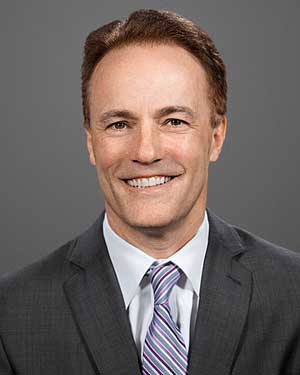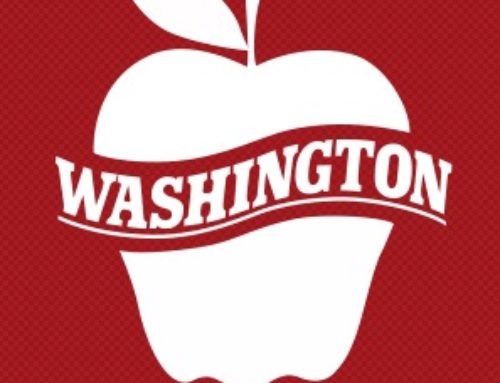Economists tend to rely on the assumption that individuals make rational decisions, based on the information available to them, but people also operate on emotions and stories.
“It’s not numbers or statistics. What we are trying to get at is there are narratives, economic narratives, that actually drive the economy and markets by building trends and momentum,” said economist Andrew Busch, who will give the keynote Batjer Address at the Washington State Tree Fruit Association’s Annual Meeting on Monday, Dec. 9, in Wenatchee.

“If you think about the stories that are out there, remember prior to 2008, everyone thought that housing prices would never go down,” he said.
Busch, who recently served as the chief market intelligence officer for the U.S. Commodity Futures Trading Commission, plans to focus his talk on the concept of narrative economics, a term popularized by Yale economist and Nobel Laureate Robert Shiller, who recently published a book of the same name.
The idea is that the stories we tell ourselves about economics, the prevailing wisdom — whether true or not — can have far-reaching effects on markets and the economy.
“My job at the CTFC was to manage a team of 30 researchers covering all of the markets to create relevant research to allow my agency and leaders in Congress to understand what’s happening, not just in the commodities markets but in all of the U.S. economy,” Busch said. “My role as chief marketing intelligence officer was to find a way to make sense of it all.”
That’s a lot of chaos to make sense of — especially in the past few years with the changes in trade policies — and he found the narrative economics approach helped him organize and understand the big picture.
He built a model based on those concepts, adapted to market dynamics, that’s become the crux of many of his speaking engagements. He focuses on finding confidence through the chaos that characterizes the economy of late.
“Most economists don’t do what we need them to do, which is give us an idea of what can happen in the future,” Busch said. “I’m trying to bring something that’s different.”
The dominant themes in his talk are the federal reserve policy on interest rates, U.S. domestic policy on taxes, trade and, of course, the uncertainty of the upcoming elections, along with the changes wrought by technology.
During his time with the Trump administration, agriculture was hit hard by trade issues, and tree fruit is no exception, Busch said.
“The best example is the 2017 apple crop, which was enormous,” he said. The industry needed to look to new markets, such as China, to absorb some of that record harvest, but the timing of new tariffs cut off that option.
The depressed nature of the export market that’s resulted from increased tariffs has opened the door to increased interest from institutional investors in the tree fruit sector, he said.
“Institutional investors look at this and say to themselves, ‘Hey, we have really cheap financing and we see opportunity for upside returns,’” he said. That’s changing the nature of the business, as is the changing demand from consumers and retail customers.
“Having just come from my role at the CFTC, where we were very closely watching what happens in agriculture, I want to share my insights and views with the tree fruit industry,” he said. “It’s more than an economic overview, I’m going to give people a model they can use to make sense of the chaos.”
Busch will speak at 10:15 a.m. on Dec. 9 at the Wenatchee Convention Center. More information about Busch, as well as his free economic insight newsletter and podcast, are available on his website at andrewbusch.com. •
—by Kate Prengaman






Leave A Comment